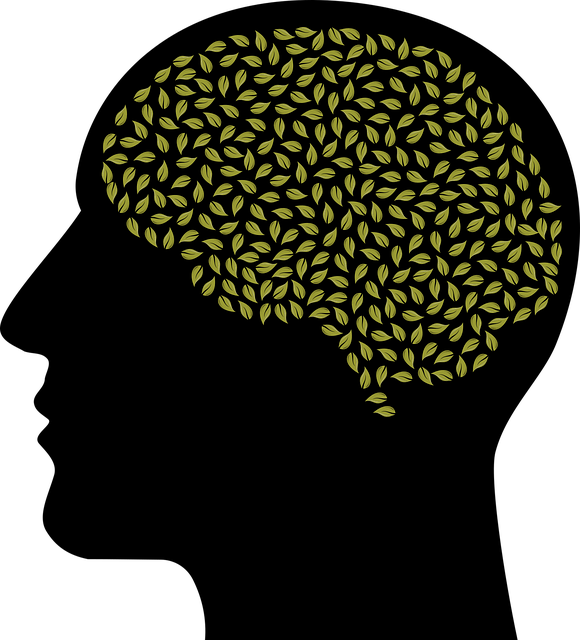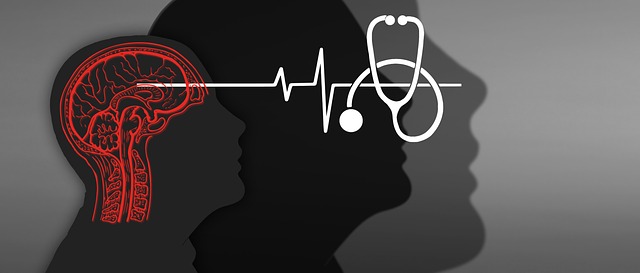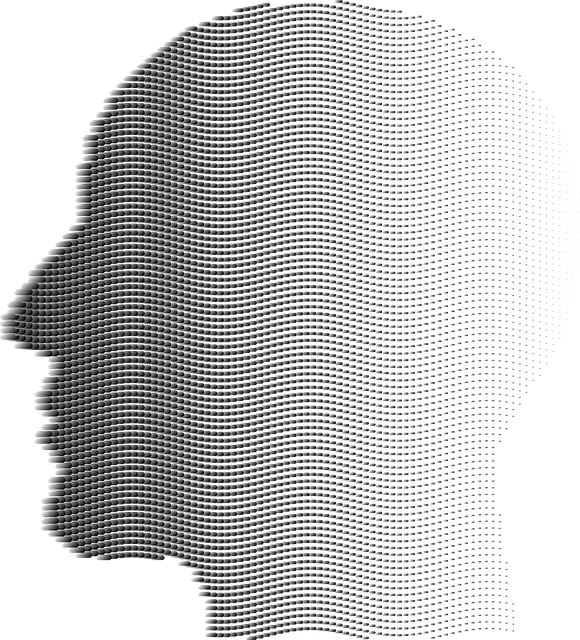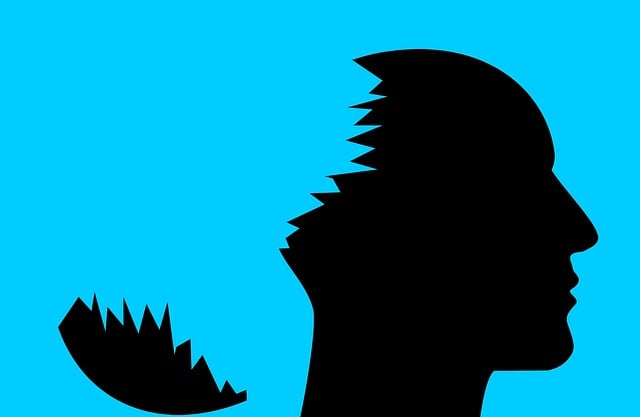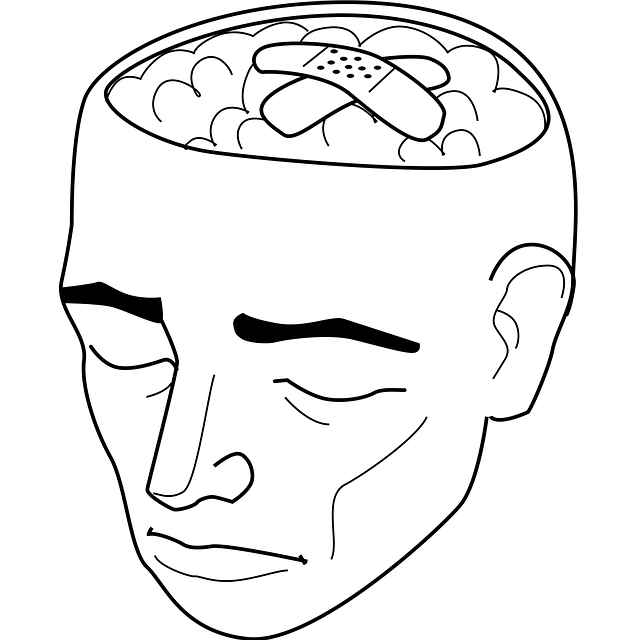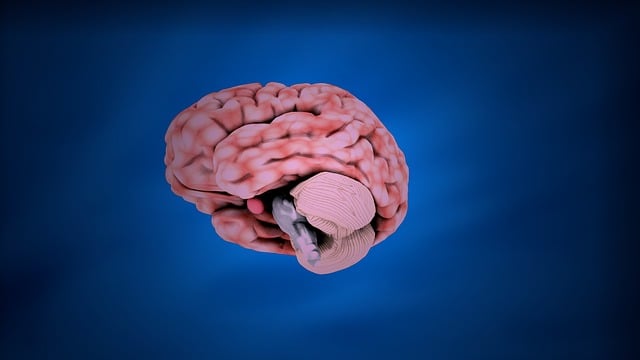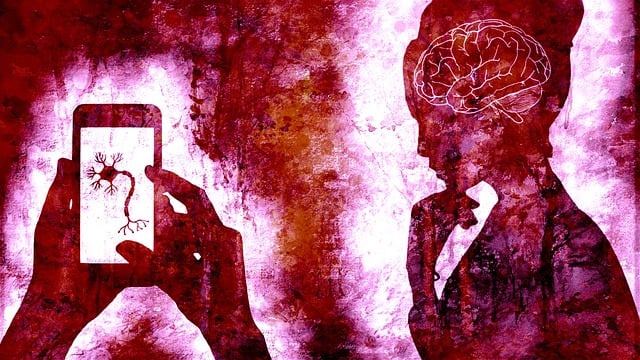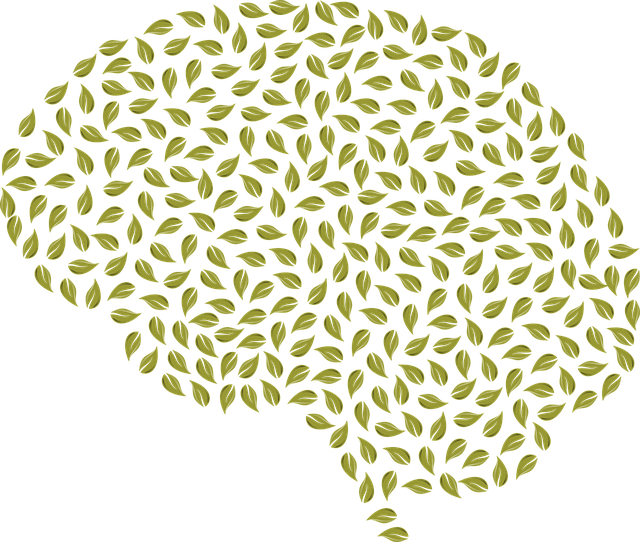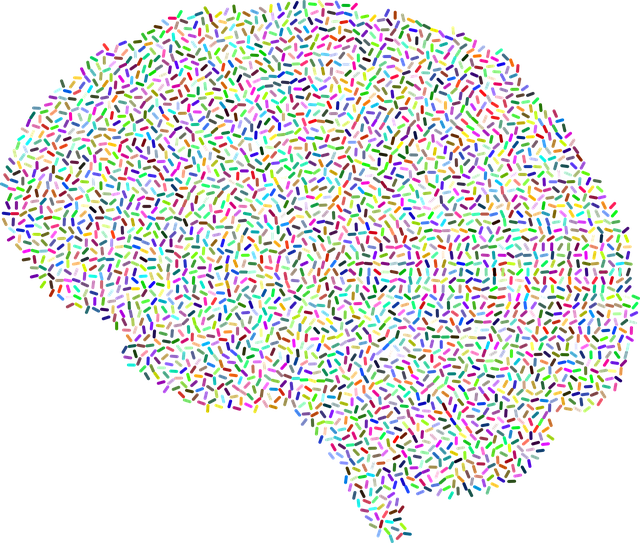Mental illness stigma hinders support-seeking, but Boulder Cognitive Processing Therapy (BCPT) offers a unique solution. BCPT focuses on cognitive restructuring and challenging negative thought patterns, empowering individuals to manage mental health effectively. By addressing distortions, BCPT enhances emotional well-being and coping abilities, especially beneficial for trauma survivors. Community engagement through workshops and seminars, coupled with BCPT integration, fosters stigma reduction, early intervention, and resilience-building, normalizing temporary difficulties and encouraging compassionate responses towards mental illness.
Mental illness stigma remains a significant barrier to treatment, impacting millions globally. This article explores strategies to reduce stigma, focusing on the role of therapy, community engagement, and education. We delve into the challenges faced by those affected and present promising approaches like Boulder Cognitive Processing Therapy, offering new insights for breaking down walls and fostering understanding. By examining these efforts, we aim to illuminate paths towards a more inclusive society.
- Understanding Mental Illness Stigma: Barriers and Challenges
- Boulder Cognitive Processing Therapy: A Promising Approach
- Community Engagement and Education: Breaking Down Stigma Walls
Understanding Mental Illness Stigma: Barriers and Challenges

Understanding Mental Illness Stigma is a complex task as it presents significant barriers and challenges to individuals seeking help and support. This societal stigma often stems from fear, misconceptions, and a lack of awareness about mental health conditions. Many people struggle with recognizing mental illness as a genuine medical condition, comparable to physical ailments. The resulting prejudice can lead to ostracization, discrimination, and even self-stigma within affected individuals.
In efforts to combat this, Boulder Cognitive Processing Therapy (BCPT) offers a unique approach to Mental Wellness crisis intervention guidance. By focusing on cognitive restructuring and challenging negative thought patterns, BCPT empowers individuals to manage their mental health effectively. Through therapy, clients learn to navigate the intricate paths of their minds, dispel enigma, and embrace a more positive perspective. This innovative therapy is a game-changer in Mental Illness Stigma Reduction Efforts, fostering understanding and promoting a supportive environment for those facing mental health challenges.
Boulder Cognitive Processing Therapy: A Promising Approach

Boulder Cognitive Processing Therapy (BCPT) is a therapeutic approach gaining recognition in mental illness stigma reduction efforts. This therapy focuses on helping individuals identify and change negative thought patterns that contribute to distress and hinder recovery. By addressing underlying cognitive distortions, BCPT empowers clients to develop healthier thinking habits, leading to improved emotional well-being and enhanced coping mechanisms.
One of the key strengths of BCPT lies in its ability to integrate conflict resolution techniques, making it particularly effective for those who have experienced trauma. The therapy provides a safe space for individuals to explore their thoughts and feelings, fostering self-acceptance and resilience. As mental illness stigma reduction efforts continue to evolve, the promise of BCPT as a transformative tool in the journey towards better mental health becomes increasingly evident, alongside dedicated trauma support services.
Community Engagement and Education: Breaking Down Stigma Walls

In the fight against mental illness stigma, community engagement and education are powerful tools that can help break down barriers and foster understanding. One effective strategy is to organize workshops, seminars, or community gatherings where professionals in the field of mental health can share insights and knowledge about various conditions, such as depression, anxiety disorders, or even PTSD. These sessions can demystify symptoms, dispel myths, and promote empathy among participants. By providing accurate information, individuals from all walks of life—including friends, family members, colleagues, and neighbors—can gain a better perspective on mental illness, leading to reduced stigma and increased support for those seeking help.
Boulder Cognitive Processing Therapy (BCPT) is one therapeutic approach that can be integrated into these educational initiatives. BCPT focuses on identifying and challenging negative thought patterns, which in turn helps individuals develop healthier coping mechanisms. Teaching conflict resolution techniques and stress management strategies within the context of mental health education empowers community members with practical tools to support peers who might be struggling silently. Additionally, resilience-building activities can help normalize the idea that difficulties are temporary and surmountable, thereby encouraging early intervention and a more compassionate response to mental illness in the community.
Mental illness stigma reduction is a multifaceted effort that requires both therapeutic interventions and community engagement. As shown by Boulder Cognitive Processing Therapy, innovative approaches can significantly improve mental health outcomes by challenging discriminatory beliefs. Through education and open dialogue, communities can break down barriers and foster an environment of understanding and support. By integrating these strategies, we can work towards a more inclusive society where everyone receives the care they need without fear of stigma.
